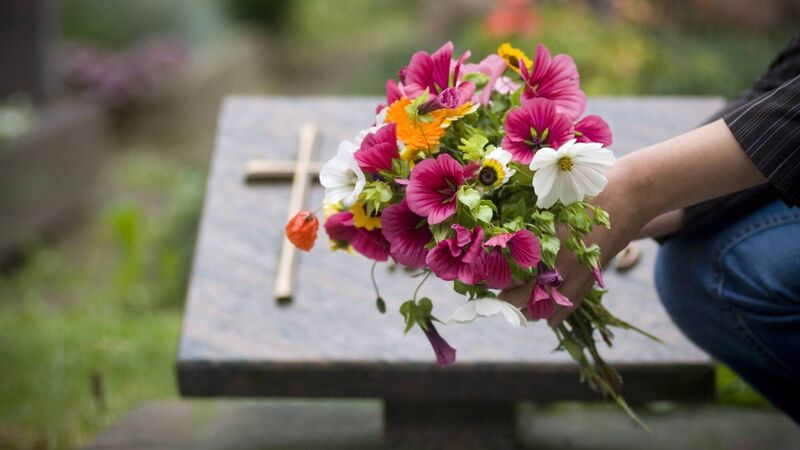Lockdown bereavement: ‘I'm still devastated nobody could come celebrate her life with us'

Many funerals had limited numbers during the pandemic
Keith only saw his mother a handful of times during her illness because of strict hospital rules during the covid lockdown. He treasured the time with her when she returned home for palliative care, but seeing her go through such isolation was difficult.
“There was this feeling of helplessness because you couldn’t even be with her in the hospital when she was getting updates about her prognosis," explains Keith, a restaurant owner from Sligo.








